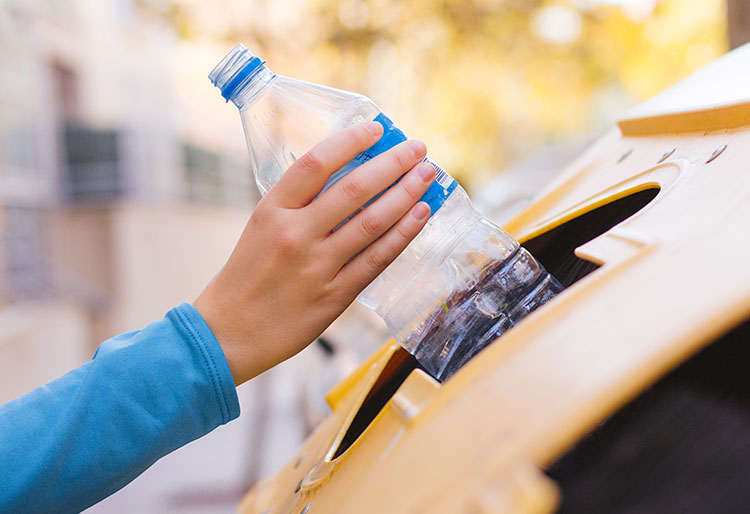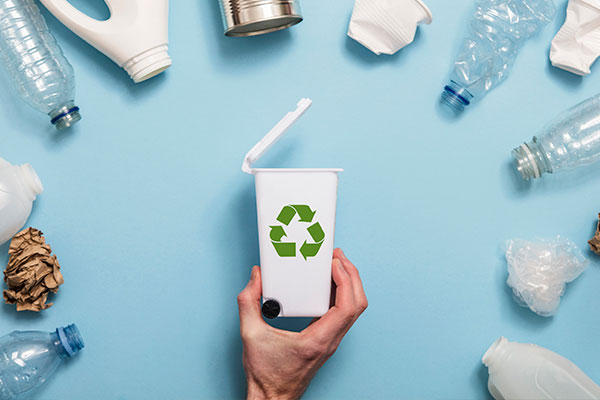Waste prevention
The human being generates waste every day and most of them end up contaminating the environment. How can we prevent this waste? Find out!
IT’S ECO, IT’S LOGICAL
Share

With the aim of raising awareness about the need to minimise the number of items thrown away each day, the European Week for Waste Reduction took place from 18th to 22nd November. To do this, it is necessary to change the model of consumption: going from getting, using and throwing away, which matches the linear economic model, to getting, using, reusing and recycling of the circular economy (also called the “doughnut”).
The importance of garbage recycling
Another line of work in Europe is the reduction of packaging. Plastic is a unique, flexible, cheap material and is capable of preserving foods for longer. But it has to be taken to the yellow container so it can be suitably recycled, in order for it to form part of the materials that are recycled and turned into either a similar packaging or into another type of product. However, in many cases, the packaging never ends up being recycled. It remains in the streets, parks, mountains and beaches and lasts for a long time, causing littering.

Packaging is necessary, it preserves food, contains information about allergens, about how to use the product or the recommended quantities. For all of these reasons, reducing the plastic and the packaging of products is no easy task. Suitable alternatives need to be found for each product and not just by shifting the problem from one material to another. Each product has characteristics and the packaging material must favour the appropriate preservation of them.
How does Consum prevent polluting waste?
1. Zero Waste in Platforms and headquarters: they manage the waste from offices and their own waste. So that none of the waste generated goes to the landfill, we have the collaboration of a consultant specialised in the valuation of the waste that is collected and classified in the platforms.
2. Profit Programme of Responsible Waste Management: all of our centres (supermarkets, platforms and escuelas de frescos (fresh food schools)) have agreements with nearby NGOs who collect the food which is nearing its expiry date to help charities and the environment, helping people who need it, reducing food waste and minimising the carbon footprint.
3. Commitment to recycling and alternatives to plastic: at Consum we have saved 1,730 tonnes of plastic in 2019 with the change of carrier bags for recycled ones, the substituting of single-use throwaway plastics for others that are compostable, biodegradable and/or reusable and the substitution of the raffia bag for another one made of 100% recycled plastic, recyclable and manufactured nationally.
At Consum we have saved 1,730 tonnes of plastic in 2019 with the change of bags for recycled ones, the substituting of single-use plastics and the substitution of raffia bags.






